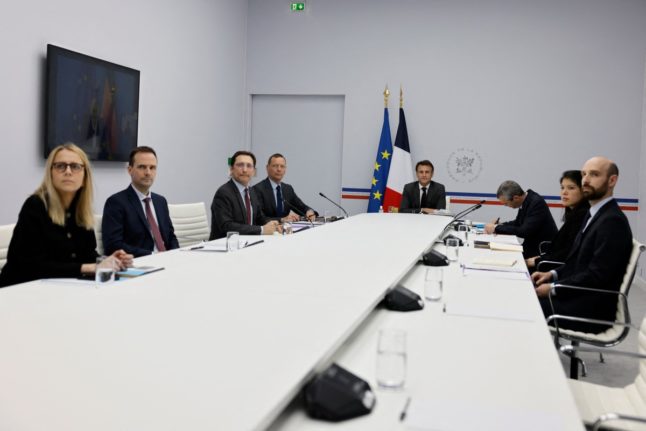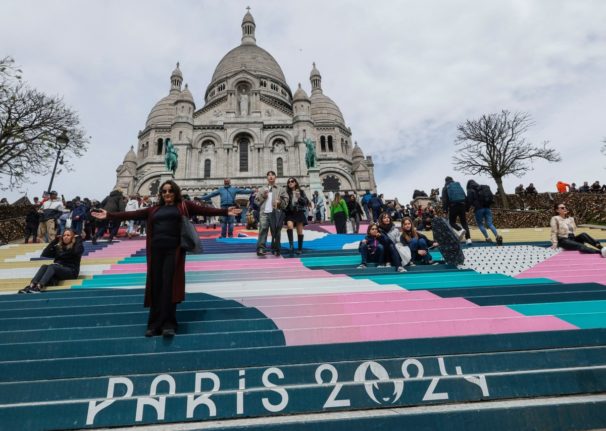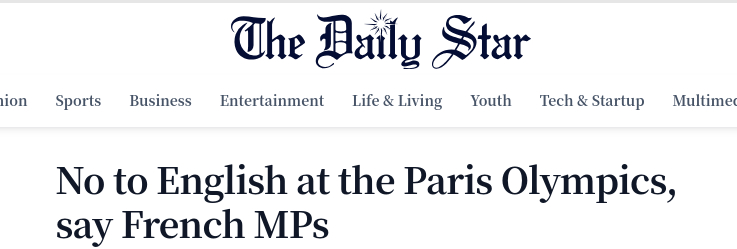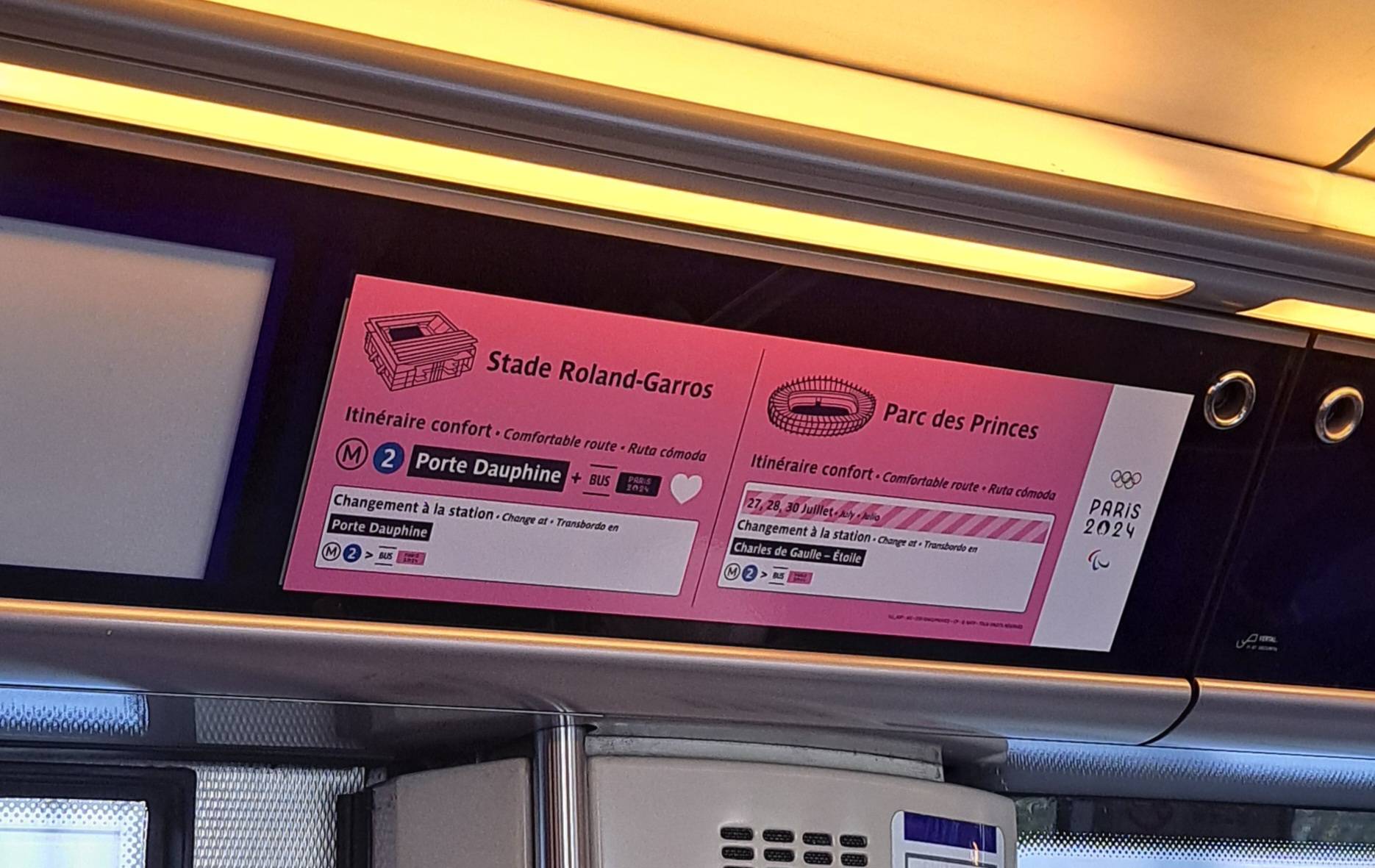In a video call between the two European leaders, they also discussed the impact of the war in Ukraine on European security, officials in Macron’s office said.
Scholz travels to China this weekend for a delicate three-day trip at a time when the West is sharpening its tone towards Beijing, both about its trade practices and its closeness to Moscow.
The European Union has accused China of inundating Europe with subsidised goods sold at below-market prices.
The European Commission on Tuesday opened a probe into Chinese wind turbine suppliers, following investigations into state aid for solar panels, electric cars and trains.
READ ALSO: French MPs told of ‘omnipresent’ threat of interference from Russia and China
In their call, Macron and Scholz also underlined the need to “spur European competitivity”, notably by deepening pan-European capital markets, a project that would require harmonising financial rules across the bloc, but which has been held up by disagreements between Paris and Berlin.
The two also reaffirmed their “unwavering and long-term support for Ukraine” and “discussed European initiatives to provide military support for Ukraine,” Macron’s office said.
The French president has been expected to visit Ukraine for several weeks, but he has said he will only make the trip when he has something concrete to bring.
Macron and Scholz will meet face-to-face at a joint French-German cabinet meeting May 28 in Meseberg, near Berlin, which will coincide with a state visit to Germany by the French president.





 Please whitelist us to continue reading.
Please whitelist us to continue reading.
Member comments